Meet our new Eco-Reps for this Spring 2019!
Tara is a first year from Berkeley, California. When she’s not busy doing work for her undeclared major, you can find her bouldering with the Tufts rock climbing team, hiking up a mountain for a beautiful view, getting crafty at the Crafts Center, scribbling in her journal, or Rubik’s cubing. She’s super excited to get her hands dirty in some compost with the Eco-Reps team this year and to spread her love for the environment with other Tufts students!
Lewis
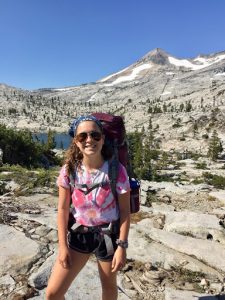
Dani is a sophomore from New Jersey who plans on majoring in Sociology and minoring in Studio Art. Dani has been a vegetarian since they were seven years old, and has always made a passionate commitment to protecting the earth and all of the life it holds. On campus, in addition to being an Eco-Rep, Dani does mental health advocacy with the student group Active Minds, and they volunteer at the Craft Center! In their free time, you can likely find them doodling, making friendship bracelets, drinking tea, and creating an unreasonable volume of playlists on Spotify.
Metcalf
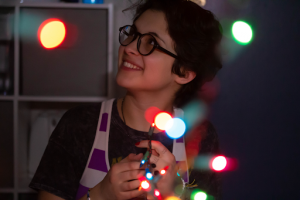
Eduardo is a freshman from South Bound Brook, New Jersey majoring in Environmental Engineering and minoring in Engineering Management. Eduardo was born and raised in Costa Rica, a country where flora and fauna are of utmost importance, hence his passion for sustainability. His dream for the future is to work with water treatment and sanitation around the world. Unlike many other people from NJ, he certainly does believe that central Jersey exists. He is a math enthusiast, loves playing soccer and tennis, as well as weightlifting. On campus he is part of Tufts SOLES (Society of Latinx Engineers and Scientists), Tufts Club Soccer, Students for Environmental Awareness, future Latino Peer Leader, and works as a research assistant with the Lantagne Group.
Bush
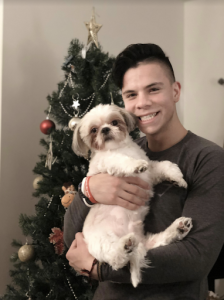
Susie is a freshmen majoring in international relations. She is from Chengdu, China, where you can find a lot of pandas. Susie enjoys eating croissant, taking pictures and running on campus. Her dream is to have a Shiba Inu cafe. She is excited to be an Eco-Rep this year!
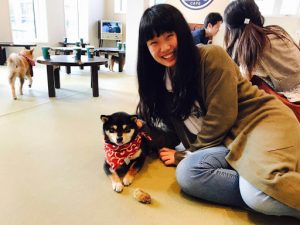
Jiyoon Chon is a second year student majoring in biology and biotechnology. She is originally from Seoul, South Korea but grew up in Seattle. She is also a Tufts 1+4 in Madrid fellow and loves to travel the world. At Tufts, she is part of the Flute Ensemble and the Korean Students Association. In her free time, she loves making and drinking coffee and watching dog videos in bed!
Miller
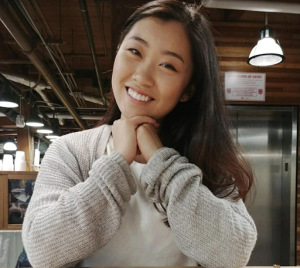
Katie is a sophomore from North Caldwell, NJ double majoring in Applied Environmental Studies and Science, Tech, & Society. A lover of all things health and wellness, Katie is a Certified Personal Trainer, a group fitness instructor, and a semi-professional mango peeler. Katie is stoked for her environmental internship this summer in Tel Aviv and the opportunity to explore agricultural and food tech start ups. She is so thrilled to be an Eco-Rep and would love to talk all things food and fitness!
Wren
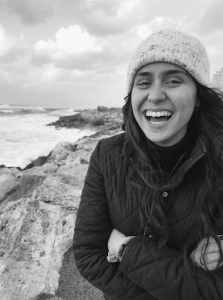
Angela is a first-year medical student at Tufts University School of Medicine. She enjoys running, hiking, and virtually any outdoor activity, and has played the violin since she was 3 years old. On Saturdays in the fall you can find Angela watching her alma mater (Notre Dame) play football.
Posner
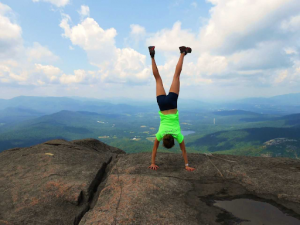
Christine is a first year medical student at Tufts University School of Medicine. She is originally from California and attended the University of Southern California where she studied biology and French as an undergrad and genetics as a graduate student. Christine enjoys being outside diving, climbing, hiking, and exploring. Before starting medical school, she spent two months in Honduras researching and promoting marine conservation and is now super stoked to find a new outlet to promote sustainability and environmental awareness as an Eco-Rep!
Posner
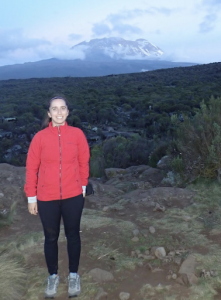
Robert Davis is in his final year at the Fletcher School where he studies development and trade. He hopes to work in the field of economic development in Southeast Asia. Originally from Mesa, Arizona – the true sunshine state (move over Florida!) – he grew up digging for worms in the dirt and gardening in his backyard. He identifies as an obsessive-compulsive recycler (sometimes at the expense of water usage) and his pet-peeves include those pesky stickers on banana peels. As an Eco-Rep, he looks forward to helping his fellow students make good use out of what would otherwise be waste.
Blakely
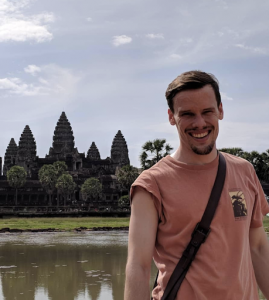











Find Us On Social Media!